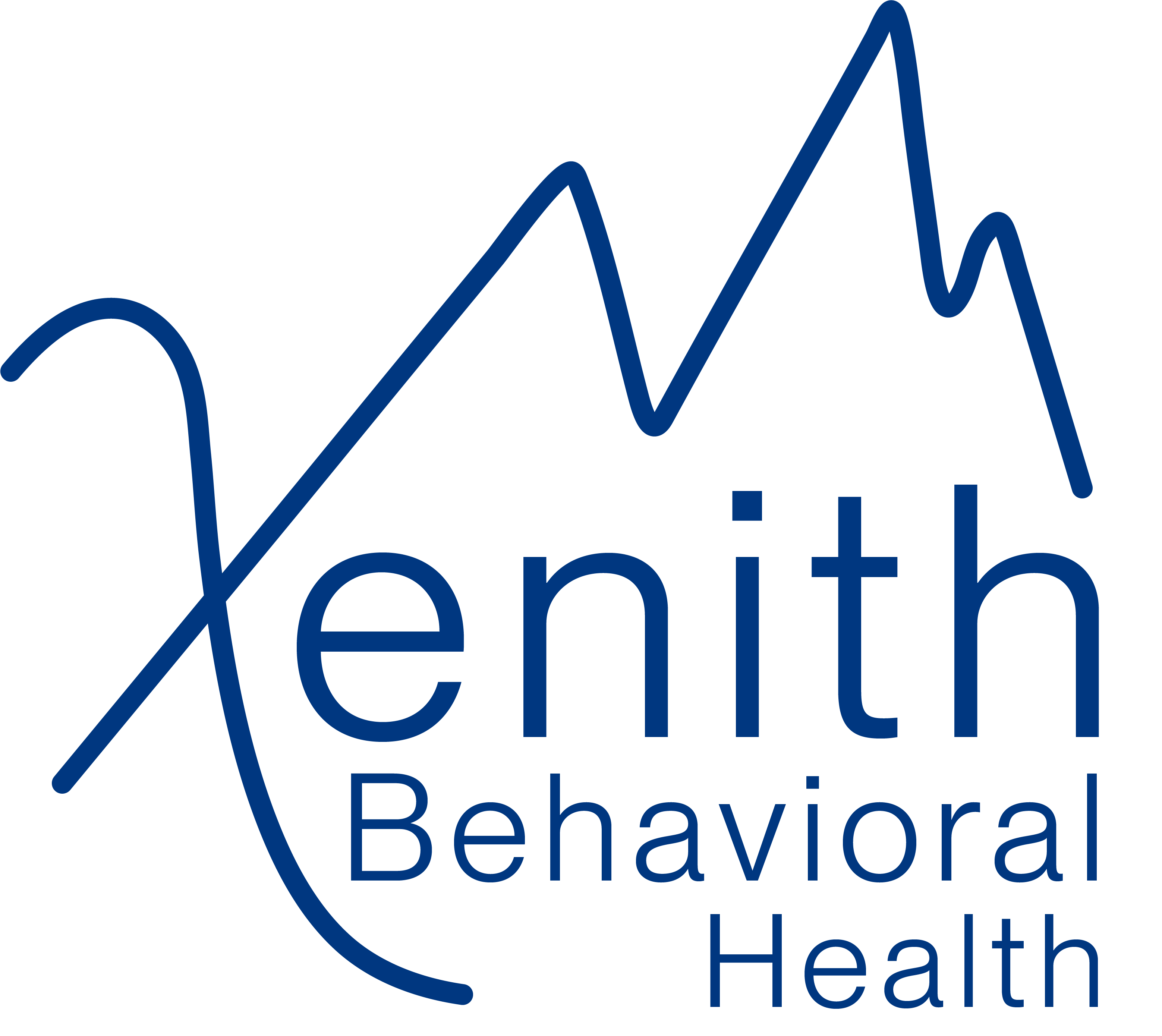Depression

Depression
Introduction
Depression is more than just feeling sad or down; it’s a serious mental health condition that affects how you think, feel, and perform daily activities. At Xenith Behavioral Health, we provide a comprehensive approach to treating depression, tailored to meet the unique needs of each individual.
Understanding Depression
- Major Depressive Disorder (MDD): Characterized by persistent feelings of sadness and loss of interest in activities once enjoyed.
- Persistent Depressive Disorder (Dysthymia): A chronic form of depression with less severe but longer-lasting symptoms.
- Seasonal Affective Disorder (SAD): Depression that occurs at a specific time of year, usually during the winter months.
- Postpartum Depression: Depression that occurs after childbirth.
Symptoms and Challenges
- Emotional Symptoms: Persistent sadness, hopelessness, and feelings of worthlessness.
- Cognitive Symptoms: Difficulty concentrating, making decisions, and remembering details.
- Physical Symptoms: Changes in appetite and sleep patterns, fatigue, and unexplained aches and pains.
- Behavioral Symptoms: Withdrawal from social activities, loss of interest in hobbies, and decreased motivation.
Our Approach
- Thorough Evaluation: Comprehensive assessments to diagnose the type and severity of depression.
- Psychotherapy: Various therapeutic approaches, including cognitive-behavioral therapy (CBT), interpersonal therapy (IPT), and psychodynamic therapy.
- Medication Management: Use of antidepressants, such as SSRIs, SNRIs, and atypical antidepressants, tailored to each individual’s needs.
- Integrated Care: Combining therapy and medication with lifestyle changes, such as exercise, diet, and sleep hygiene.
Benefits of Treatment
- Mood Stabilization: Relief from depressive symptoms and improved emotional stability.
- Increased Energy Levels: Enhanced energy and reduced fatigue, making daily activities more manageable.
- Restored Interest in Life: Renewed interest in hobbies, social activities, and personal relationships.
- Improved Functioning: Better performance at work, school, and in daily responsibilities.
- Enhanced Overall Well-Being: Improved quality of life and sense of purpose.
